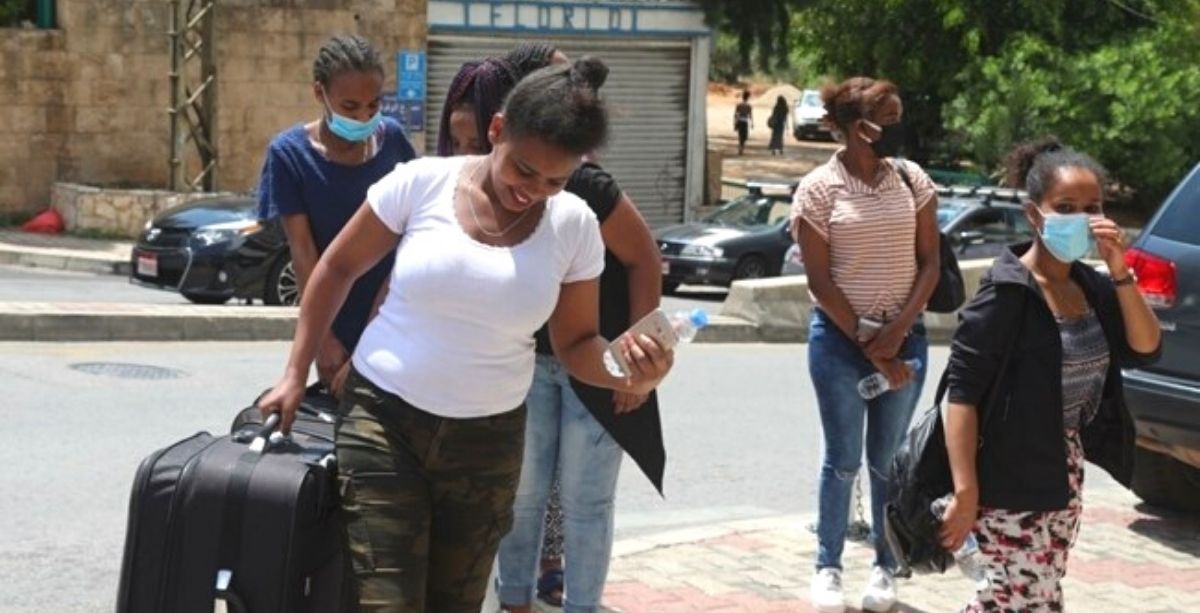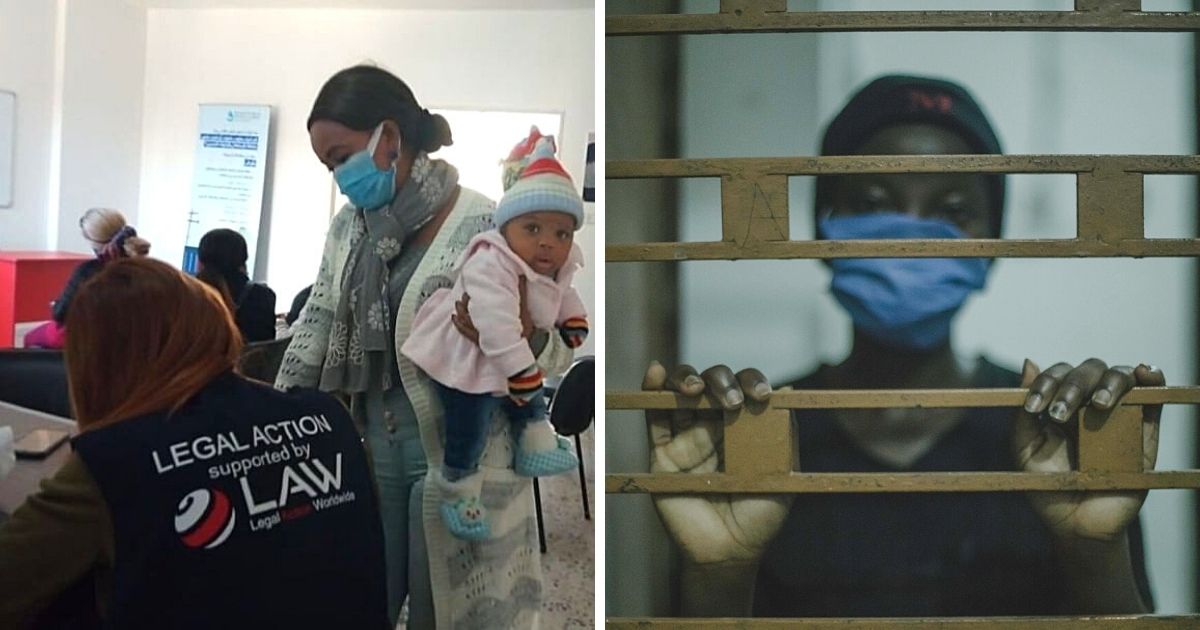Human Rights Watch (HRW) wants Lebanon to adopt a new standard unified contract for migrant domestic workers.
The international NGO urged the Lebanese Labor Ministry to take a first step toward abolishing its abusive “kafala” sponsorship system by urgently ratifying a contract that respects and protects the rights of these workers.
Efforts to abolish the exploitative system were most notable in 2019 when a working group, which HRW was involved in, submitted to the Labor Ministry an action plan that detailed the needed steps to achieve this goal.
The group proposed an updated version of the current standard unified contract; one that conforms with international human rights and labor standards.
In June this year, the contract was reviewed by current Labor Minister Lamia Yammine, who showed commitment to adopt a modified contract in the coming weeks based on the working group’s submission.
Aya Majzoub, a Lebanon HRW researcher, said that Lebanon’s restrictive and exploitative kafala system “traps tens of thousands of migrant domestic workers in potentially harmful situations by tying their legal status to their employer.”
This, Majzoub argued, enables “highly abusive conditions amounting at worst to modern-day slavery.”
A revised contract would be “a first step in ending the kafala system and protecting migrant domestic workers,” she added.
Indeed, the said system and its controversial contract are directly responsible for endless cases of abuse because it gives the employer an unjustified legal higher ground, which many sponsors have ill-used to take advantage of their helpless workers.
Today, with the prevailing pandemic and severe economic crisis in Lebanon, house helpers are forced to live through even more insufferable circumstances than before.
A surge in abuse cases has been recorded during lockdown while many employers are slashing their workers’ salaries, or not paying them at all and dumping them on the streets.
Additionally, as HRW points out, local media has reported an increase in cases of death by suicide among these workers in the past few months.
According to the humanitarian organization, any new contract adopted by the Labor Ministry must ensure labor protections for domestic workers that equal those for other workers under the labor law.
Moreover, it should respect international labor laws by guaranteeing these workers’ right to a national minimum wage, their right to retain their own ID documents, and their right to move freely during rest periods, in addition to other basic rights.


















